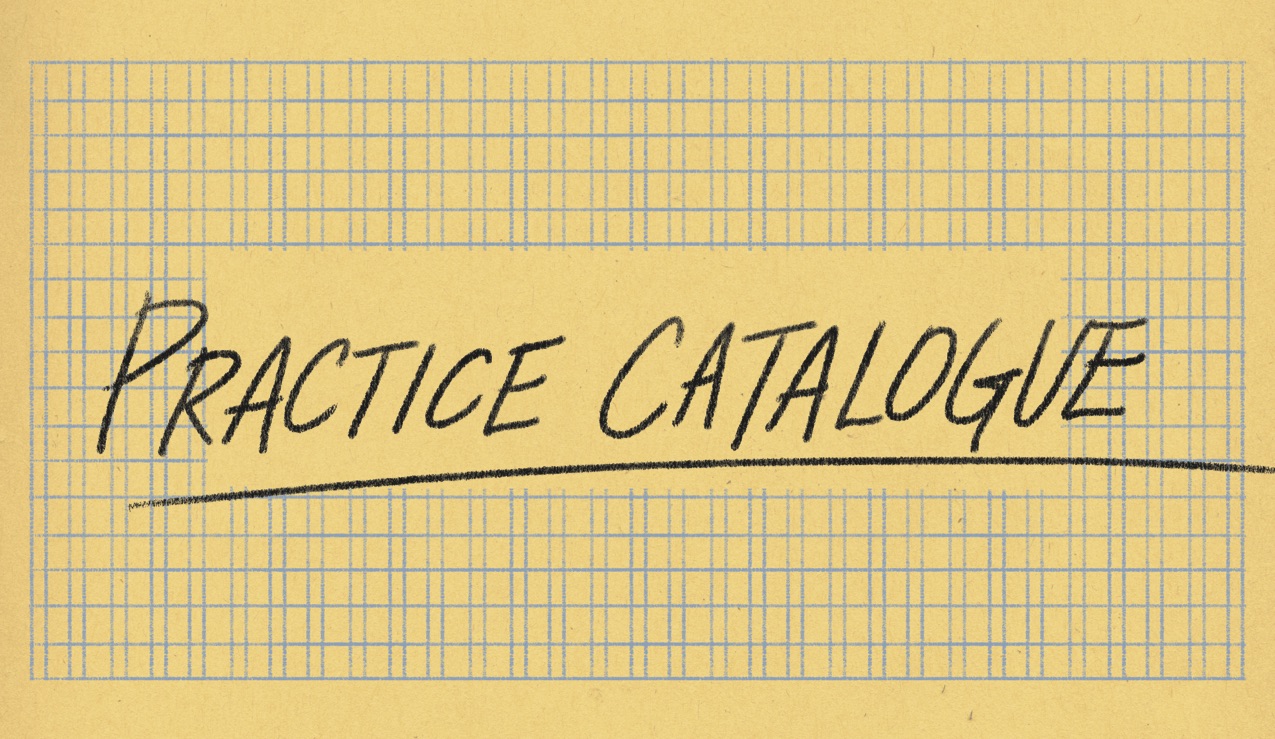Competitive Personhood & the Commonplace of Poetry
As a social space, poetry is at once a weird market in persons and a utopian kind of gift community. As a literary practice it’s both the site of entrepreneurial selfhood and the most interesting kinds of self-overcoming. What are the terms of its truce with the digital, communicative-capitalist present? What does it mean that poetry itself is among our first and longest-running “social” media?
I think about the above in a new quote-rich essay-in-notes called “Competitive Personhood & the Commonplace of Poetry”:
I write a poem and say “I.” (Not me, mind you––“I.”) In doing this I have opened or aspired to open a window. Within its frame lies both the brittle husk of the self and the deathless deep song, both the choral lament of a community of speakers and the vapid drone of self-narration. May there be commerce between them.
